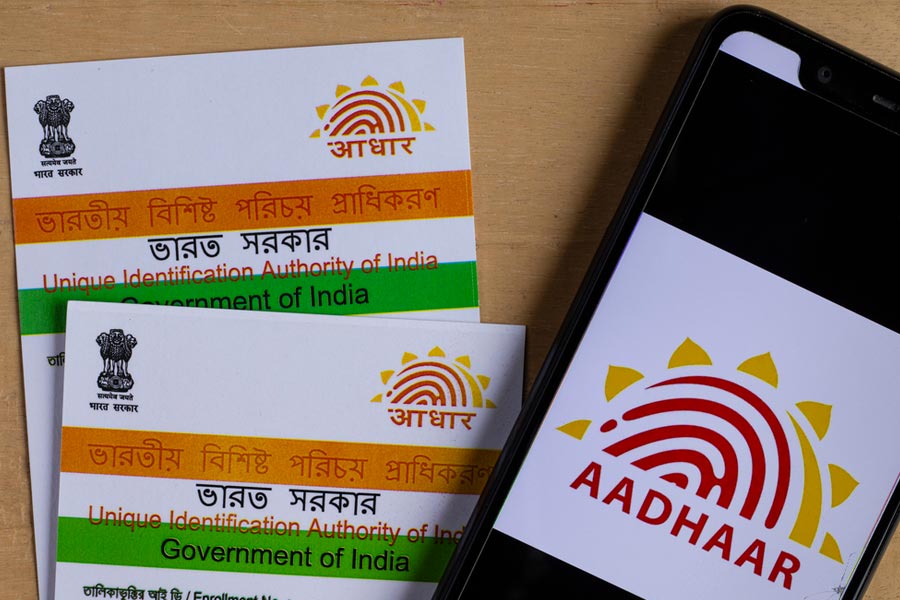Any official registration by government agencies in India requires a barrage of documents. Once the Aadhaar was supposed to have been the single identification document and is needed today for all services and official work, both governmental and otherwise. Even hospitals and funeral services require it. But new kinds of bureaucratic exercises, such as the National Register of Citizens in Assam and the Special Intensive Revision to bring electoral rolls up to date — now ongoing in Bihar — demand different documents each time: birth certificates, proof of date or place of birth, proof of parents’ birthplace, land deeds and property papers and similar historic and specific documents that may be impossible to locate — if people had them in the first place. How many people own land or property? The NRC in Assam, which ultimately excluded 19 lakh people, had specific requirements for residence before and after certain dates, presumably to weed out illegal immigrants. But the exercise has shown that the documents can be exclusionary, threatening marginalised or underprivileged groups and often members of minority communities with disenfranchisement.
As seems to be the practice, the goalposts shifted in the case of SIR, which initially required proof of date or place of birth — yet it is not a citizenship test — until the Supreme Court asked the Election Commission of India, which is conducting SIR, to be more voter-friendly and accept Aadhaar or any of the 11 other documents for the exercise. The opening up of options is certainly somewhat better, but, given the weak culture of preserving documents in the country, there is no guarantee that every voter will have any of the 12 documents specified. Once again, it is the very poor, the marginalised, migrant workers, those not educated in school or college, or with, say, no life insurance, bank deposit or pension, who stand in danger of being struck off the electoral rolls. The demand for documents of different kinds seems to reflect the callousness of government agencies towards people underprivileged in some way. Instead of simplifying bureaucratic matters for the masses of Indians struggling to make a living as a sensitive government would do, its agencies seem to act on unfair, divisive principles.
Is it possible to have a single identity card for people living in India? Perhaps with a number that will indicate either Indian or foreigner status which, once entered in the system, will contain the basic information about the individual? Can the Aadhaar be fine-tuned for such a purpose? The process would be difficult, and would need close monitoring to see that every resident is included, but once done, it would be a great relief for all. A country which is obsessed with illegal immigrants — not that they
are a good thing — and is still trying to decide who is foreign and who is not, may not find this practical. But some way has to be formulated so that the poor and the minorities are not constantly threatened with disenfranchisement.










